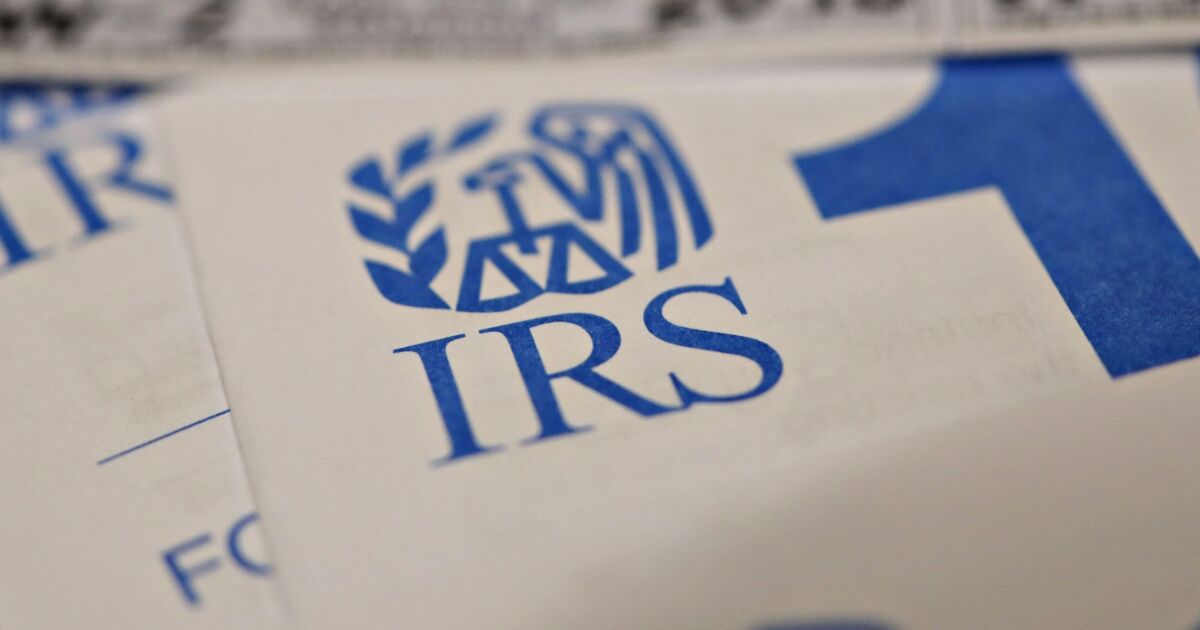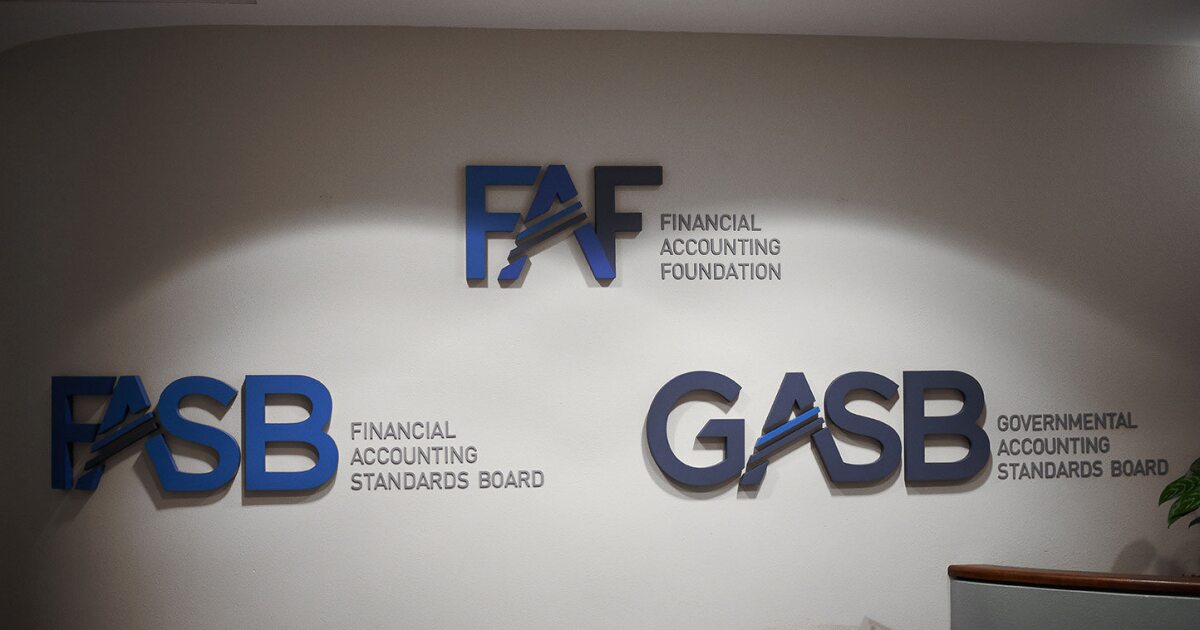Individuals and businesses in Michigan affected by severe storms, tornadoes and flooding that began on Aug. 24, 2023, now have until June 17 to file various federal individual and business tax returns and make tax payments.
The IRS is offering relief to any area designated by the Federal Emergency Management Agency. That currently includes Eaton, Ingham, Ionia, Kent, Livingston, Macomb, Monroe, Oakland and Wayne Counties. Individuals and households that reside or have a business in these localities qualify.
The same relief will be available to any other localities in Michigan that are later added to the disaster area. The current list of eligible localities is on the
The relief postpones various filing and payment deadlines that occurred from Aug. 24, 2023, through June 17, 2024. Affected individuals and businesses have until June 17 to file returns and pay any taxes that were originally due during this period.
The new June deadline applies to:
- Individual income tax returns and payments due on April 15, 2024;
- 2023 contributions to IRAs and health savings accounts for eligible taxpayers;
- Quarterly estimated income tax payments normally due on Sept. 15, 2023, Jan. 16, 2024, and April 15, 2024;
- Quarterly payroll and excise tax returns normally due on Oct. 31, 2023, Jan. 31, 2024, and April 30, 2024;
- Calendar-year partnerships and S corps that had a valid tax-year 2022 extension that ran out on Sept. 15, 2023, or that have a 2023 return normally due on March 15, 2024;
- Calendar-year corporations and fiduciaries that had a valid tax-year 2022 extension that ran out on Oct. 16, 2023, or have a 2023 return and payment normally due on April 15, 2024; and
- Calendar-year tax-exempts that had a valid tax-year 2022 extension that ran out on Nov. 15, 2023, or have a 2023 return normally due on May 15, 2024.
Individuals and businesses that had an extension to file their 2022 returns now have until June 17 to file. Tax-year 2022 tax payments are ineligible for this relief because they were originally due last spring, before the disaster.
Penalties for failing to make payroll and excise tax deposits due on or after Aug. 24, 2023, and before Sept. 8, 2023, will be abated if the deposits were made by Sept. 8, 2023.
The
The IRS automatically provides filing and penalty relief to any taxpayer with an address of record in the disaster area. If an affected taxpayer does not have an address of record in the disaster area (because, for example, they moved to the disaster area after filing their return), and they receive a late-filing or late-payment penalty notice from the IRS for the postponement period, they should call the number on the notice to have the penalty abated.

The IRS will also work with any taxpayer who lives outside the disaster area but has the records needed to meet a deadline occurring during the postponement period in the affected area. Qualifying taxpayers who live outside the disaster area should call the IRS at (866) 562-5227, including workers assisting the relief activities who are with a recognized government or philanthropic organization.
The IRS urges anyone who needs an additional tax-filing extension beyond June 17 for their 2023 federal income tax return to request it electronically by April 15. Requests filed by a disaster-area taxpayer between April 15 and June 17 can only be submitted on paper. Whether having sent a request electronically or on paper, the taxpayer has until Oct. 15, 2024, to file, though payments are still due on June 17.
Individuals and businesses in a federally declared disaster area who suffered uninsured or unreimbursed disaster-related losses can claim them on either the return for the year the loss occurred (in this instance, the 2023 return normally filed this year), or the return for the prior year (2022). Taxpayers have up to six months after the due date of their federal income tax return for the disaster year (without regard to any extension of time to file) to make the election. For individual taxpayers, this means Oct. 15, 2024.
Taxpayers should write the FEMA declaration number — 4757-DR — on any return claiming a loss.




